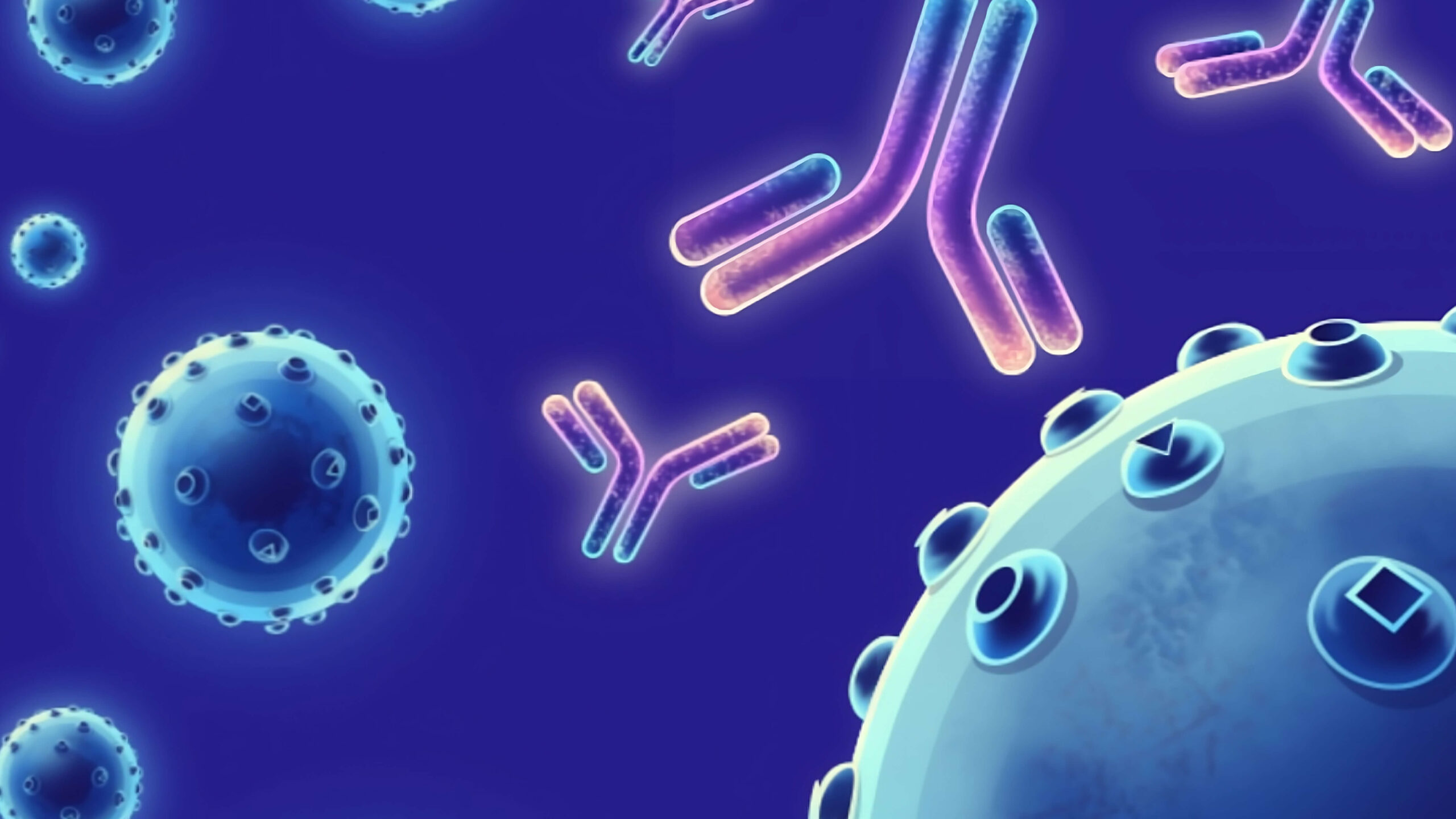Description
Neuroserpin, also known as Protease inhibitor 12 and SERPINI1, is a secreted protein that belongs to the serpin family. Neuroserpin is a serine protease inhibitor that inhibits plasminogen activators and plasmin but not thrombin. Serine protease inhibitors of the serpin superfamily are involved in many cellular processes. Neuroserpin was first identified as a protein secreted from the axons of dorsal root ganglion neurons. Neuroserpin is predominantly expressed in the brain, and is expressed in the late stages of neurogenesis during the process of synapse formation. Overexpression of neuroserpin in an anterior pituitary corticotroph cell line results in the extension of neurite-like processes, suggesting that neuroserpin may play a role in cell communication, cell adhesion, and/or cell migration. Neuroserpin may be involved in the formation or reorganization of synaptic connections, as well as synaptic plasticity in the adult nervous system. Neuroserpin may also protect neurons from cell damage by tissue-type plasminogen activator. Defects of neuroserpin are the cause of familial encephalopathy with neuroserpin inclusion bodies (FEN1B).
Target
SerpinI1
Target Alias Names
neuroserpin, PI12, Serpin I1
Isotype/Mimetic
Rabbit IgG
Animal-Derived Biomaterials Used
No
Sequence Available
No
Original Discovery Method
Phage display technology
Antibody/Binder Origins
Animal-dependent discovery (in vitro display, OR immunisation pre-2020), In vitro recombinant expression

